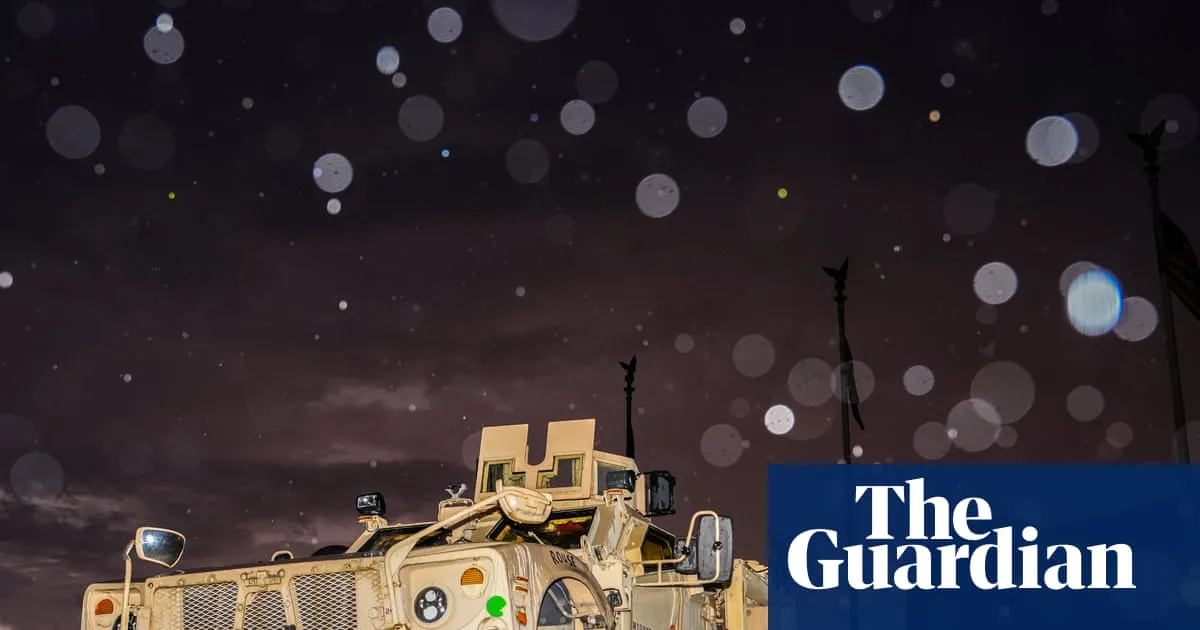
In a bold move, Donald Trump has initiated a new phase of his federal crackdown by deploying the National Guard to the streets of Washington DC. This decision comes amidst rising concerns over crime rates, as the administration seeks to assert control in the capital. Following this initial deployment, three additional states—West Virginia, South Carolina, and Ohio—have announced their plans to send hundreds of National Guard troops to Washington, DC, in the coming days.
Despite the increased military presence, crime prevention workers express skepticism about the effectiveness of this strategy. Experts argue that deploying the National Guard will do little to address the underlying issues that contribute to crime, such as systemic cycles of violence and property crime. Critics emphasize that a temporary military solution is not a viable long-term answer to the complex challenges facing urban areas.
As the controversial policy expands, cities governed by Democratic mayors are bracing for potential unrest. Leaders from cities such as Seattle and Baltimore have publicly vowed to safeguard their communities through legal means and other protective measures. These mayors are preparing for the worst, indicating a strong resistance to federal interventions that they feel may exacerbate tensions rather than alleviate them.
As the situation develops, it remains crucial to monitor how the deployment of the National Guard impacts crime rates and community relations in Washington, DC, and beyond. Here are the key stories to watch:
Impact of National Guard on Crime Rates: Will the increased military presence deter crime, or will it lead to further community unrest? Legal Protections by Democratic Mayors: How will city leaders navigate the challenges posed by federal policies? Public Reaction: What are the citizens' responses to the deployment and the broader implications for civil liberties?As this story unfolds, the implications of the National Guard's deployment could reshape the landscape of urban crime prevention and federal-state relations in America.